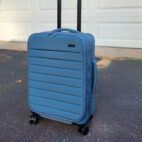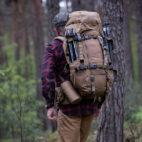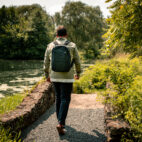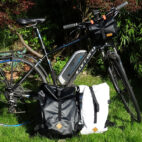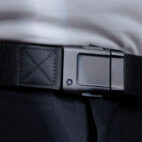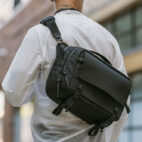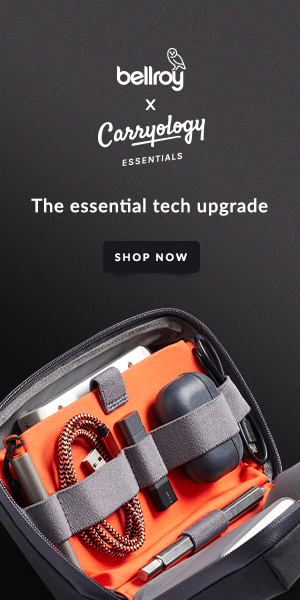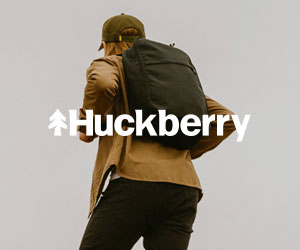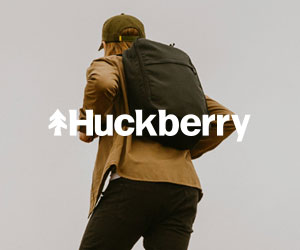
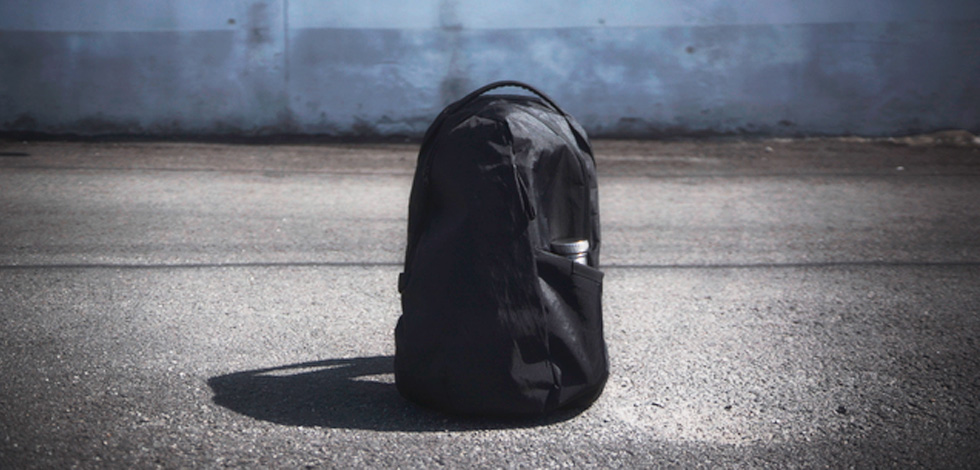
Looking for a small everyday carry (EDC) backpack that’s comes with a reasonable price tag? Then check out the Able Carry Thirteen because it’s tombstone silhouette, pocketing, and minimalist urban vibes are a killer combination.
We’re reader supported! Hey folks, this channel is reader-supported, so If you find something that sparks your interest and click through and purchase via our affiliate links, sometimes we’ll get a little kickback from the brands or retailers. It helps us to make more content and build this channel.
Although, we’ll just point out, some brands don’t have affiliate options, and that’s cool with us too. If the carry is awesome, we recommend it!





 Carry Awards
Carry Awards Insights
Insights Liking
Liking Projects
Projects Interviews
Interviews